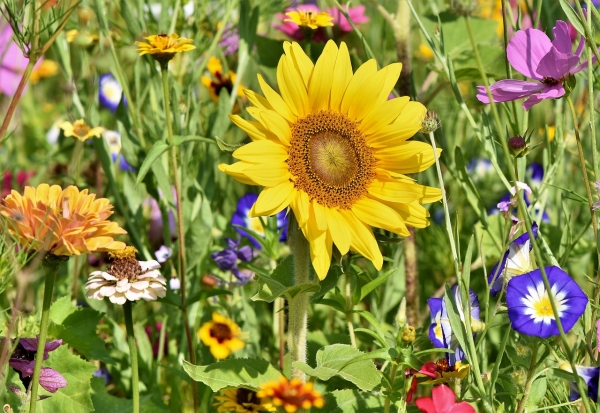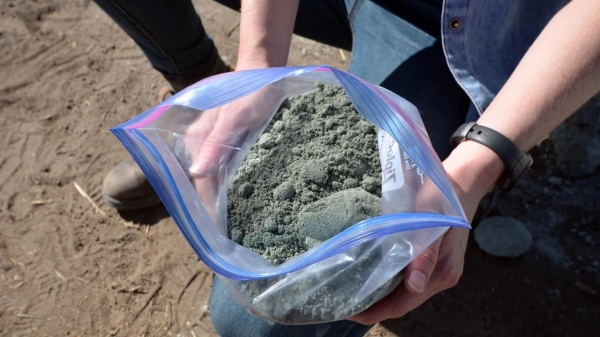Most people think of seismic activity as the result of movement along faults or of violent volcanic eruptions.
articles
Survey Shows Public Support for Trees and Wildflower Meadows in Urban Areas
A UK survey has shown significant public support for more nature in their towns and cities.
Plants Transformed Into Detectors of Dangerous Chemicals
What if your house plant could tell you your water isn’t safe?
More Animal Welfare or More Environmental Protection?
Which sustainability goals do people in Germany find more important: Animal welfare?
UArizona Researchers Probe How a Piece of the Moon Became a Near-Earth Asteroid
In 2021, a team of University of Arizona astronomers suggested that a recently discovered near-Earth asteroid, Kamo`oalewa, could be a chunk of the moon.
Adding Crushed Rock to Farmland Pulls Carbon Out of the Air
Adding crushed volcanic rock to cropland could play a key role in removing carbon from the air.










